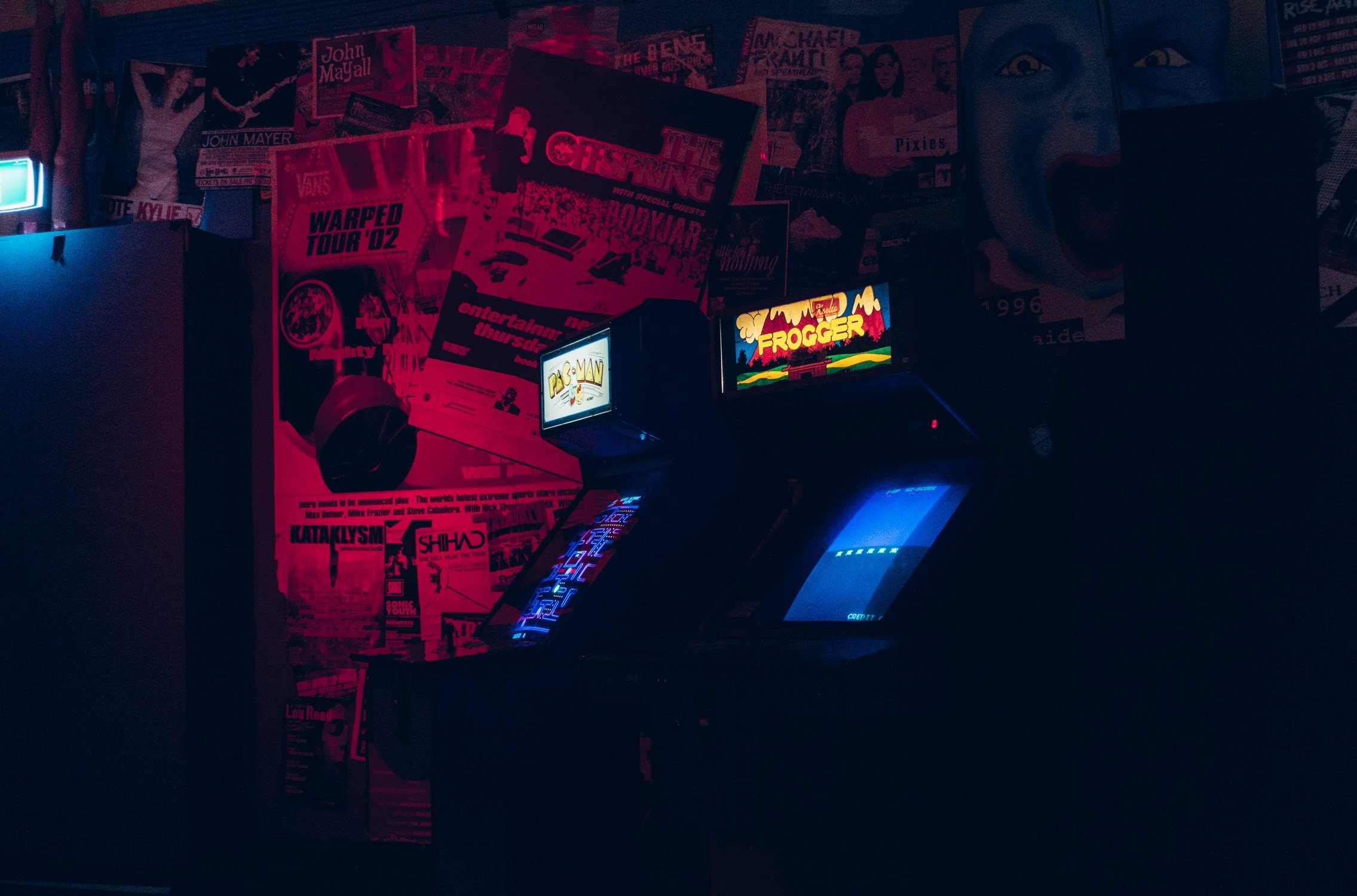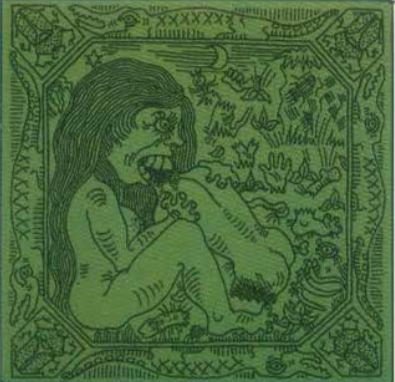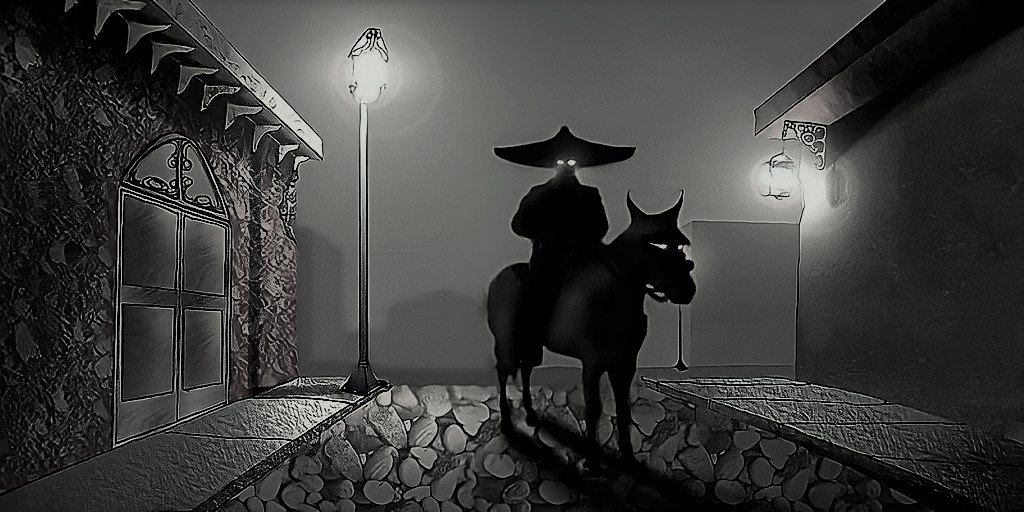Why Did NYC Make Pinball Machines Illegal?
History is pretty crazy, say you were in New York City in the 1940s in your local candy shop having a good time, sharing a few laughs, when the shop owner, also known as Bill, The Candy Man tells you he’s got a new machine to play.
You look over and it’s this majestic array of lights and metal, he calls it a pinball machine. You drop a few nickels and play a few rounds. When you’re all done you turn around just in time to see The Candy Man in handcuffs being dragged out by police.
Another cop walks in sledgehammer in hand and smashes the pinball machine you were just playing with and then tells you he just saved you from the devil.
I did mention history was crazy right?
Today we’re looking at how pinball became illegal in parts of the country and how one man made a miracle shot to legalize it.
Mayor of New York City, Fiorello La Guardia
We’re going to start with the antagonist of our story, the Mayor of New York City, Fiorello La Guardia. Now as a general reminder, just because he’s the antagonist of this story doesn’t mean he’s a bad guy, he’s not a villain, he’s just our opposition in this story. Hashtag writing tips.
The year is 1935 and Mayor LaGuardia is getting letters asking him to save the children from an evil poisoning their young minds, something so sinister it could only be run by the mob, pinball machines.
“Looks just like the devil’s playground” - Mayor LaGuardia (maybe)
The Pinball Machines
Now pinball machines in 1935 were slightly different than they are today. You could win prizes from gum to jewelry but the main difference was the lack of flippers, players could tilt, tip, and nudge the machines to get the ball to move, otherwise it would just be a random game of chance. And that’s where the problem lay, some viewed this as gambling.
People complained that children were spending all their lunch money on the machines, these complaints were usually led by uncool parents, nuns, and school bullies. Once Mayor LaGuardia heard of this, he had to put a stop to it and save the children, because every good antagonist needs to believe they’re doing the right thing. Hashtag writing tip number two.
1st Attempt at Ban
Mayor LaGuardia put a ban on pinball in 1936 but shop owners pushed back so LaGuardia launched a campaign against the machines. Eventually, the case was heard in the Manhattan supreme court which ruled if the machines were used solely for amusement they were allowed.
This meant if the shop owners didn’t have an amusement license (that’s a real thing) or awarded anything besides a free game they could be arrested and have their machines confiscated.
The Antagonist
Seeing as Mayor LaGuardia made it out to seem like the pinball machines were mob related he made sure the police rounded up as many machines as they could, but he didn’t stop there. Next, he took all the confiscated machines and dumped them into the river to sleep with the fishes, you know, like a stereotypical mob boss would do.
Now you probably think, “well I guess that isn’t too bad”, oh dear reader, history is crazy so it actually gets worse because World War II hits. And I can only imagine Mayor LaGuardia hearing about metal rationing under a dim spotlight and just uttering “it’s on now”.
2nd Attempt
On January 21st, 1942 LaGuardia successfully got a law enacted to make playing pinball illegal, the amusement license no longer mattered. If you had a pinball machine you were getting arrested. Disdain for the machines spread, not only was it mob related but now it corrupted the minds of children, it was a gateway game leading to full-on gambling and a life of crime, some even said it was the devil’s game.
You know I’d just like to point out that I think the devil gets blamed for a lot of stuff randomly in history, it’s almost as if people just equate things they don’t like to the worst possible thing or outcome, just so people will agree with them. Sounds a little like a slippery slope argument and an appeal to fear fallacy, sprinkled with a little fear-mongering. Keep an eye out for these when it comes to reasons people give for banning or making things illegal, it’s used a lot without any scientific evidence.
Related Article: 5 Logical Fallacies You Fall Into When Arguing
Crossing the Line
Following LaGuardia’s law, other cities followed suit, Milwaukee, Chicago, Los Angeles, and Washington D.C, all put out their own bans or limitations. But New York City went real hard on it, Mayor LaGuardia had police conduct raids, confiscate and smash pinball machines, sort of like when prohibition banned alcohol. Because everyone remembers how well that worked out right?
Over two thousand machines were confiscated in NYC alone, sending over a ton of metal to the war effort, and then just to add insult to injury, Mayor LaGuardia had the table legs of pinball machines made into batons for the police. I know it doesn’t really matter at that point but doesn’t that just feel wrong?
“We tried making them out of the children’s tears but they didn’t hurt enough.”
Underground
Just like prohibition people kept playing pinball except now it was in secret, hidden in porn shops or in underground locations and it seemed like that’s the way pinball would stay forever. Even when the war ended the bans and laws weren’t changed. In 1947 the flippers were invented making the game one of actual skill and less of chance and yet still the bans and laws persisted.
It wasn’t until the 1970’s when the hate started dying down, California’s supreme court even ruled their ban unconstitutional but in New York City, they would need a miracle to reverse their law.
The Miracle Shot
In 1976 the Amusement and Music Operators Association recruited one of the top players in the country, Roger Sharpe, to demonstrate to the New York city council just how much skill was actually needed to play the game.
Sharpe brought two pinball machines with him just in case one broke or stopped working. The first one he was extremely comfortable with, the second he hadn’t really played on before but if everything went well he wouldn’t even have to bother with the second machine.
And if you know anything about creating suspense in a story, just by saying that line, you know everything would not go well. One of the city council members believed Sharpe might have brought a rigged machine so they forced him to use the second machine instead.
Feeling the Suspense
The city council member and media crowded around the machine watching Roger Sharpe play the game attempting to show his skills but soon he realized he would have to go big to prove his point. Emulating Babe Ruth, right there in front of all the council members and the local media, Roger Sharpe called his shot, he pointed to exactly where he wanted the ball to go saying “Look, there’s skill, because if I pull this plunger back just right… the ball will go down this particular lane.”
Roger Sharpe pulled the plunger and probably prayed to whatever god he believed in as he held his breath. The ball went down the exact lane he called and legend has it, the council voted to reverse the ban right there and then.
“And then everyone clapped and some hugged… I swear!”
Although I’m sure in reality it took a little time to reverse the ban because of paperwork and all that. But the law was overturned even if some council members, like Leon Katz, still thought mobsters would, “use the profits of these machines to launder dirty money from prostitution, drugs, and gambling.” Sounds like rational thinking right?
Hint: it doesn’t
Soon the rest of the country followed suit if their bans were still in place at the time. And people never blamed entertainment for poisoning the minds of children ever again… until television… comic books… and video games.
Hmm, history is crazy but it sure does repeat itself doesn’t it?















